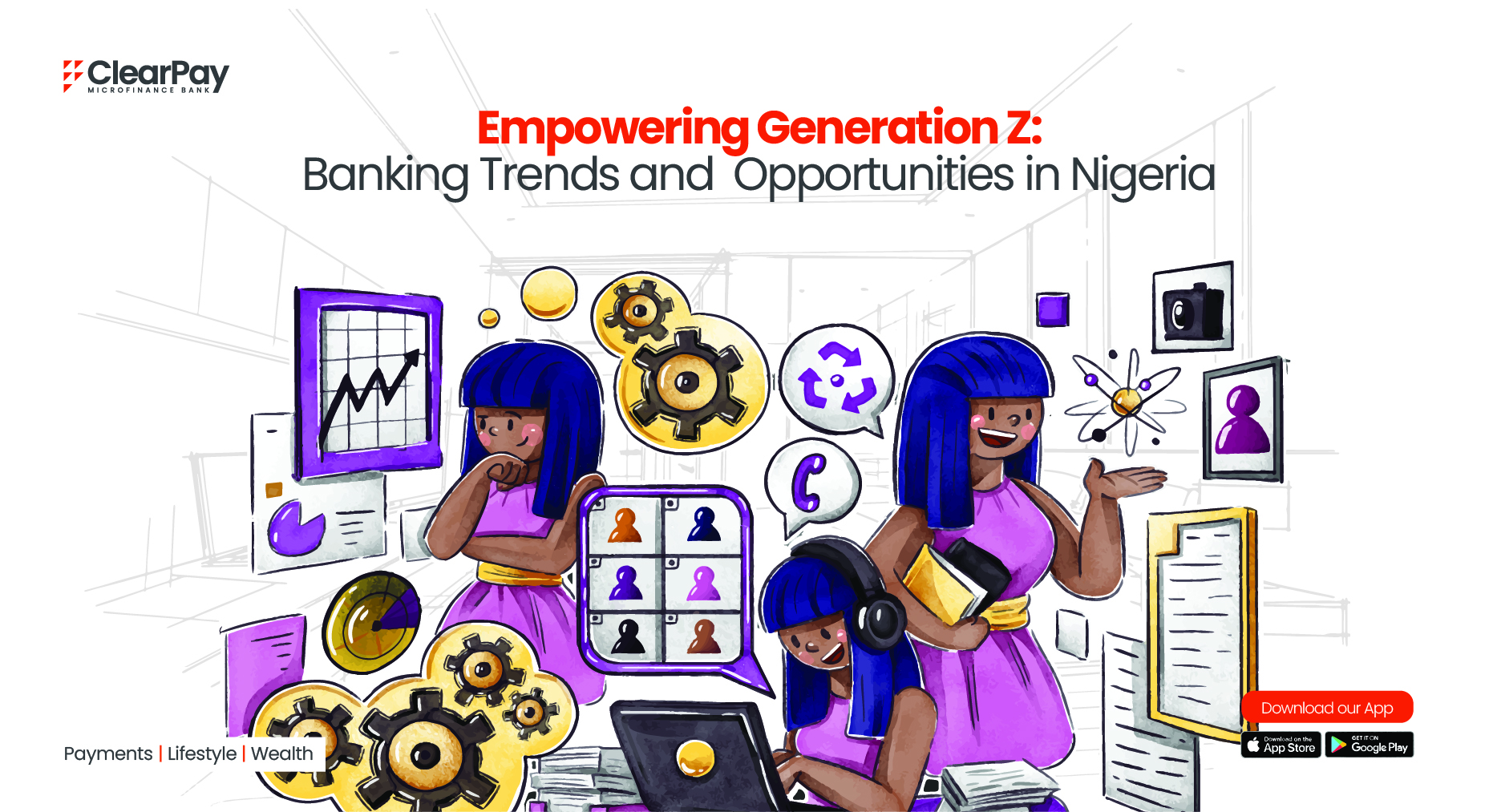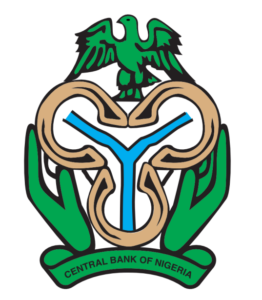Generation Z, typically defined as individuals born between the mid-1990s and mid-2000s, represents a tech-savvy and digitally native cohort that is reshaping industries and driving innovation across the globe. In Nigeria, a young and dynamic population of Gen Z individuals is driving changes in the banking sector, demanding seamless digital experiences, personalized services, and innovative solutions that cater to their unique financial needs. In this blog post, we will explore the banking trends and opportunities for Generation Z in Nigeria, highlighting the shifts in consumer behaviour, the rise of digital banking platforms, and the importance of financial literacy for the next generation of banking customers.
Digital Transformation in Banking: The rapid digital transformation of the banking sector in Nigeria has paved the way for innovative solutions that cater to the preferences and expectations of Generation Z customers. With the rise of mobile banking apps, online payment platforms, and digital wallets, young consumers are embracing digital channels for their financial transactions, seeking convenience, speed, and security in their banking experiences. The shift towards digital banking reflects Gen Z’s comfort with technology and their desire for on-the-go access to banking services that align with their fast-paced lifestyles.
Personalized Banking Experiences: Generation Z consumers in Nigeria value personalized banking experiences that cater to their individual needs and preferences. From customizable savings goals to personalized investment options, young customers are seeking tailored financial products and services that align with their goals and aspirations. Banks that leverage data analytics, artificial intelligence, and machine learning technologies can analyze customer behaviors, anticipate their needs, and offer personalized recommendations that enhance the overall banking experience for Gen Z customers.
Financial Literacy and Education: As Generation Z navigates the complexities of the digital economy and financial landscape in Nigeria, promoting financial literacy and education becomes paramount. Empowering young consumers with the knowledge and skills to make informed financial decisions, manage their money effectively, and plan for the future is essential for fostering a generation of financially responsible individuals. Banks and financial institutions can play a key role in promoting financial literacy through educational initiatives, workshops, and digital resources that empower Gen Z customers to build strong financial foundations and achieve their financial goals.
Opportunities for Innovation: The evolving preferences and behaviors of Generation Z present exciting opportunities for innovation and growth in the banking sector in Nigeria. Banks that embrace digital transformation, prioritize user experience design, and offer innovative products and services tailored to Gen Z’s needs can gain a competitive edge in the market and attract a new generation of tech-savvy customers. From blockchain technology to digital payments, from neobanks to peer-to-peer lending platforms, the opportunities for innovation in banking for Generation Z in Nigeria are limitless, offering potential for industry disruption and transformation.
As Generation Z emerges as a driving force affecting practices in the banking sector in Nigeria, the industry must adapt to meet the evolving needs and expectations of this tech-savvy generation. By embracing digital transformation, personalized services, financial literacy education, and innovative solutions, banks can build strong relationships with Gen Z customers, foster loyalty, and drive growth in a competitive market landscape. Empowering Generation Z through tailored banking experiences, cutting-edge technology, and financial education is key to building a resilient and sustainable banking ecosystem that meets the needs of the next generation of banking customers in Nigeria.


